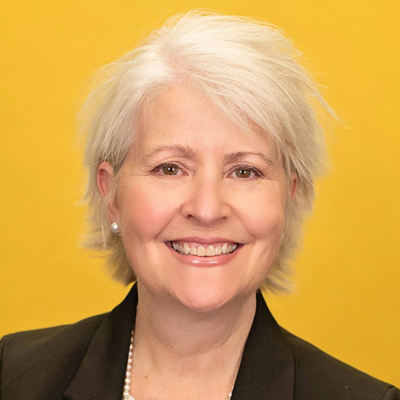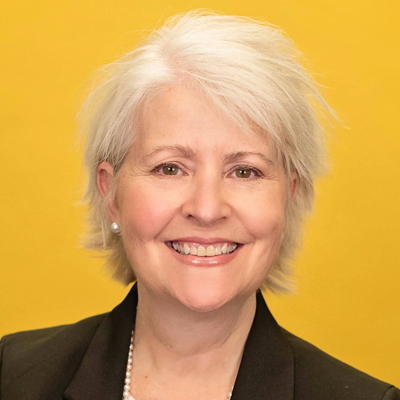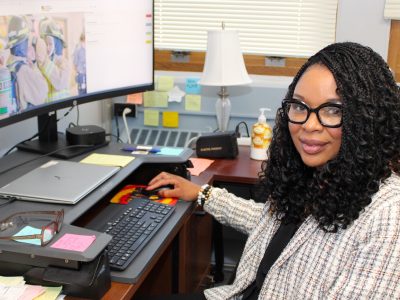Advice for Students Who Want to Get Involved Without Burning Out
The start of the academic year is an exciting time for students at Syracuse University. Catching up with friends. Embracing new opportunities in the classroom and the community. Figuring out how to make a difference on campus.
For many Orange students, joining a club or a recognized student organization (RSO) is a terrific way to not only become more involved on campus, but also explore and expand your interests and discover your community by making new friends.
From celebrating your cultural heritage and cultivating your academic interests to furthering your career ambitions and pursuing your recreational passions, with more than 300 RSOs, club sports offerings and Greek life chapters on campus, there’s truly something for everyone.

“Involvement on campus is important to student success. There is a significant body of research on college students that indicates that students who are involved and find their ‘home’ on campus are more likely to be successful and more likely to graduate,” says Anne Lombard, executive director of student engagement.
While the options are unlimited, the number of hours in a day a student has to commit to extracurricular activities is not. Becoming too involved with clubs and RSOs can lead to poor grades in the classroom, burnout and feeling overwhelmed by increasing responsibilities.
Especially for new students, who are just learning the time management skills needed to juggle their academic courseload with campus involvement, Lombard recommends exercising patience.
“Don’t get over-involved, especially in your first semester. It’s important to get yourself on solid ground academically before getting involved in RSOs and activities. For many students, academic expectations are much greater than they were in high school. Involvement outside the classroom is important, but students’ academic pursuit is why they are here,” says Lombard, who leads a team of staff members who work directly with the RSOs on campus.
Lombard sat down with SU News to offer advice on how students can avoid involvement burnout, questions to ask before becoming a member of a club or RSO and resources available to help with the decision-making process.
Is there a right time for new students to join a club/RSO?

I generally encourage new students to join one RSO in their first semester so that they can get used to college-level coursework, living away from home (if applicable) and being more independent. One RSO is doable for most people. More than that might be too much in your first semester.
What are some questions students should ask themselves before signing up?
Students have an almost endless array of organizations from which to choose at Syracuse University and can easily feel overwhelmed by the variety of choices or get over-extended. Any student considering involvement in RSOs should ask themselves what they hope to gain from the experience and how much time they can realistically dedicate to non-academic pursuits. Not every RSO needs to relate directly to their career goals or future path. There can be many reasons to join a group, including meeting new people and looking to connect with like-minded students.
What kind of research should students undertake before joining?
Students should be very honest about how much time they have to dedicate to involvement outside the classroom. Students can learn a lot about groups by attending events like the Student Involvement Fair, held at the beginning of each semester, and using ’CUSE Activities, a web-based portal focused on connecting students to involvement opportunities on campus.
How will a student know if they have taken on too many responsibilities?
If a student starts cutting corners to complete things, stops enjoying their responsibilities or their responsibilities begin to feel like a burden, those could be signs that a student has taken on too much. They should listen to what their intuition is telling them. Most students probably recognize when they’re getting overextended.
What advice do you have for students who realize they might have taken on more than they can handle?
Don’t be afraid to ask for help! Students should know there are faculty and staff who care about them and their experience. There are many people and offices who want to help and who want students to be successful.
Be sure to visit Student Experience online for more information on the resources available, including a list of RSOs, how to create a new RSO, upcoming involvement fairs, questions on funding, staff members to contact with questions and other topics.



